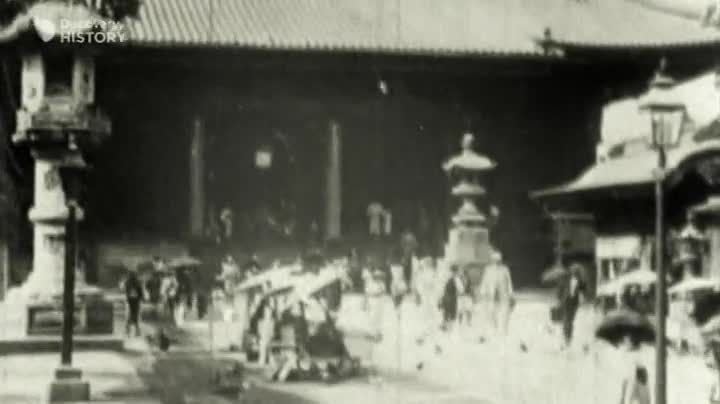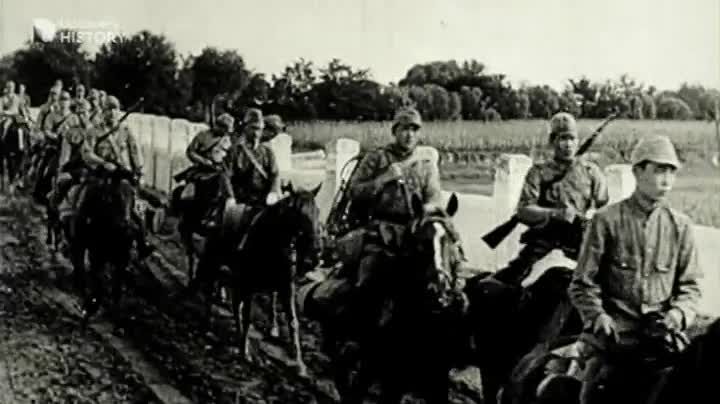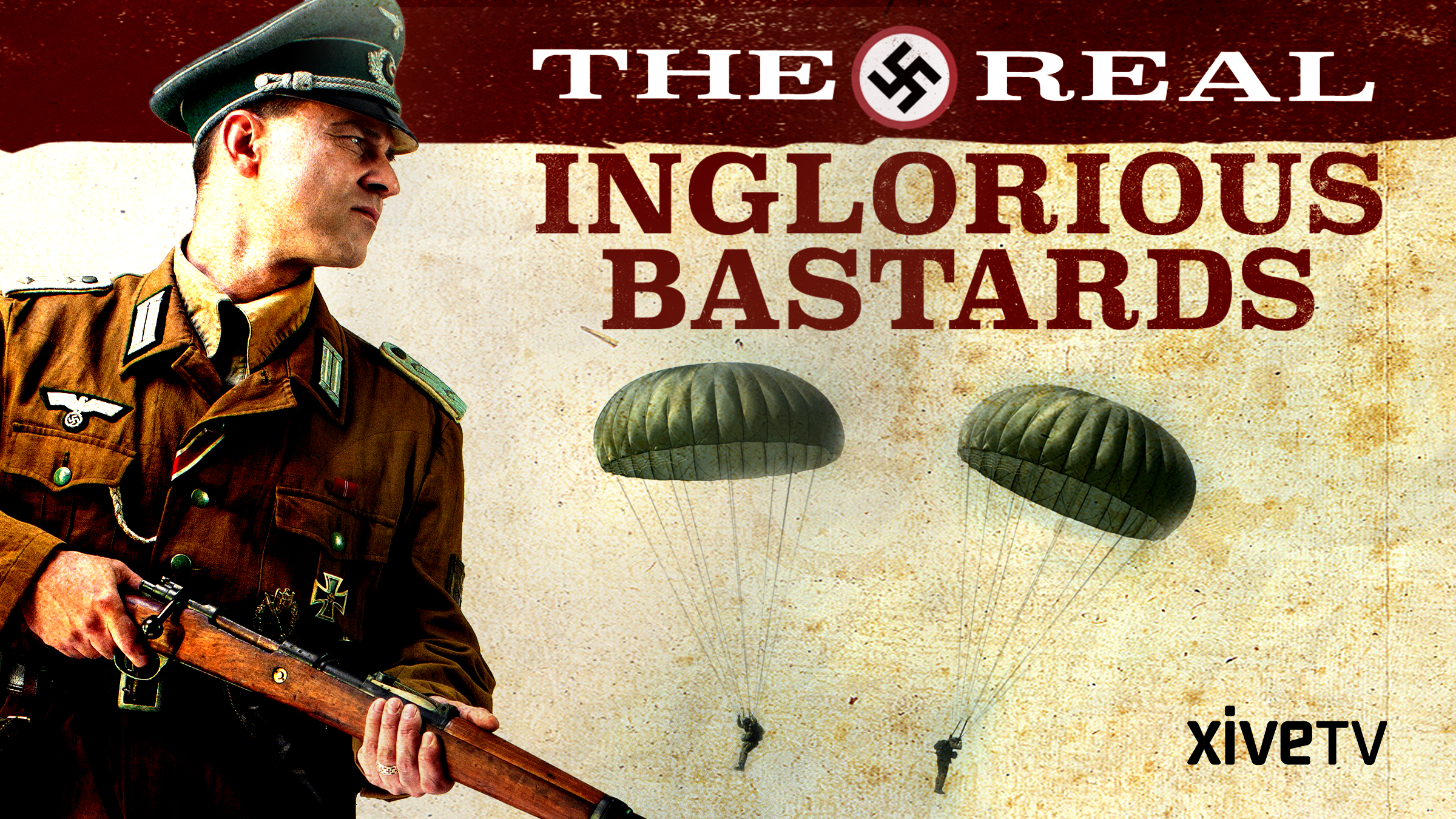Part 2 • 2011 • episode "S1E2" • The Rise and Fall of the Japanese Empire
A great short history of the Japanese Empire, from the early mediaeval strife of the time of the code of the Samurai which carried through to to the opening of Japan to Western trade. There's good detail on how Japan began to rely on its military caste and its deification of its Emperor. The search for Empire is its very undoing as the military seize political power and begins to rival the colossus of the USA for domination of Asia, a disastrous policies that ends beneath the foreboding mushroom clouds over Hiroshima and Nagasaki.
Make a donation
Buy a brother a hot coffee? Or a cold beer?
Hope you're finding these documentaries fascinating and eye-opening. It's just me, working hard behind the scenes to bring you this enriching content.
Running and maintaining a website like this takes time and resources. That's why I'm reaching out to you. If you appreciate what I do and would like to support my efforts, would you consider "buying me a coffee"?
Donation addresses
BTC: bc1q8ldskxh4x9qnddhcrgcun8rtvddeldm2a07r2v
ETH: 0x5CCAAA1afc5c5D814129d99277dDb5A979672116
With your donation through , you can show your appreciation and help me keep this project going. Every contribution, no matter how small, makes a significant impact. It goes directly towards covering server costs.







